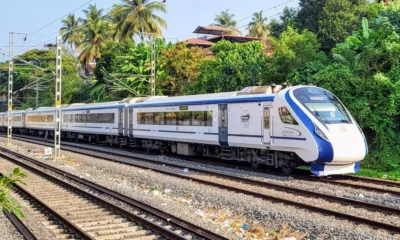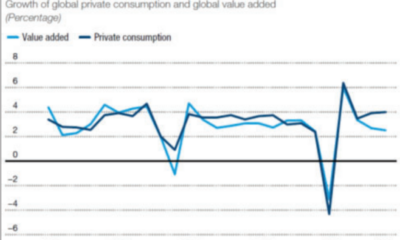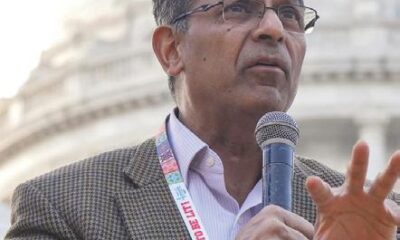

The plan introduces a revamped ticket refund scheme ensuring refunds within 24 hours, streamlining the process and improving customer satisfaction. In a significant move aimed at...


Amidst India’s equity market emerging as the 5th largest globally by market capitalisation with exponential increase in retail investor participation, Indian industry has called for stimulating...


India was one of the ‘large economies — apart from China, Indonesia, the Russian Federation, the United States, among others – which escaped the financial trouble...


MG Motor India is expanding its footprint to tier III and IV cities across the country, aiming to establish 100 new touchpoints by the end of...


Ola Electric has announced a significant reduction in the price of its entry-level electric scooter, the S1 X, as part of its strategy to bolster its...


Former RBI governor Raghuram Rajan has underscored India’s failure to fully leverage its demographic dividends, emphasizing the critical need to enhance human capital and skill sets....


India has authorized the export of a restricted quantity of onions to the United Arab Emirates (UAE) and Sri Lanka amidst stringent export regulations on the...


The DGFT notification restricts essential commodities export to the Maldives to four designated customs stations, emphasizing India’s control over goods flow amid diplomatic tensions. In the...


This represents a remarkable 81% increase in account numbers and a staggering 150% jump in total deposits compared to 2018. According to a research report by...


India’s travel and tourism market is on track to reach a revenue of USD 23.72 billion in 2024, with an estimated annual growth rate of 9.62%...